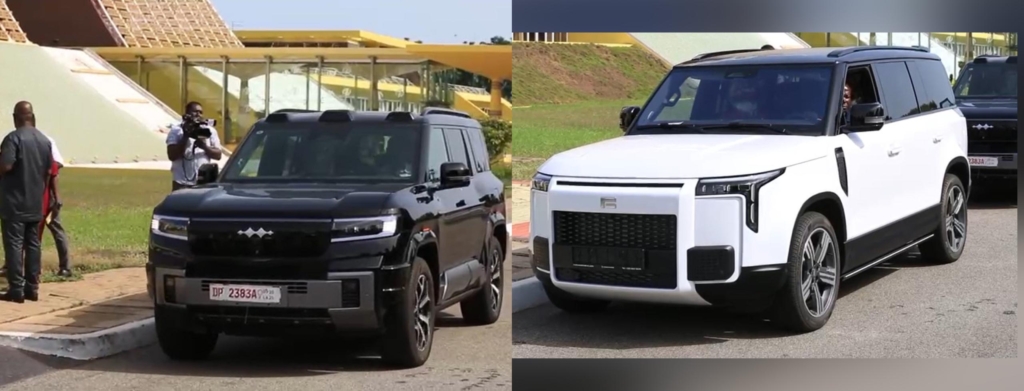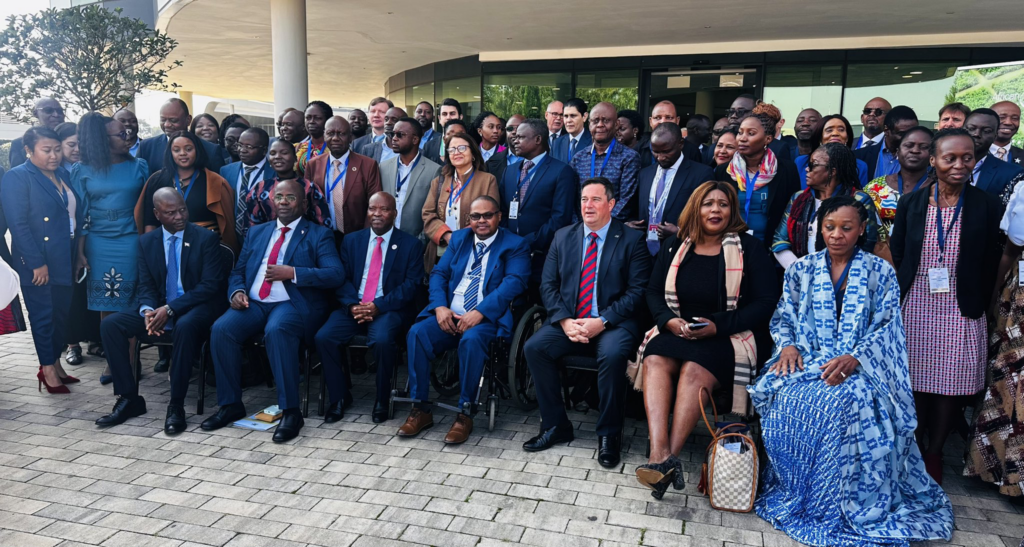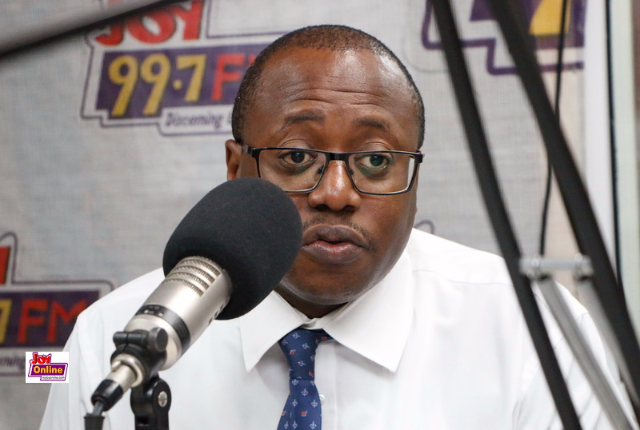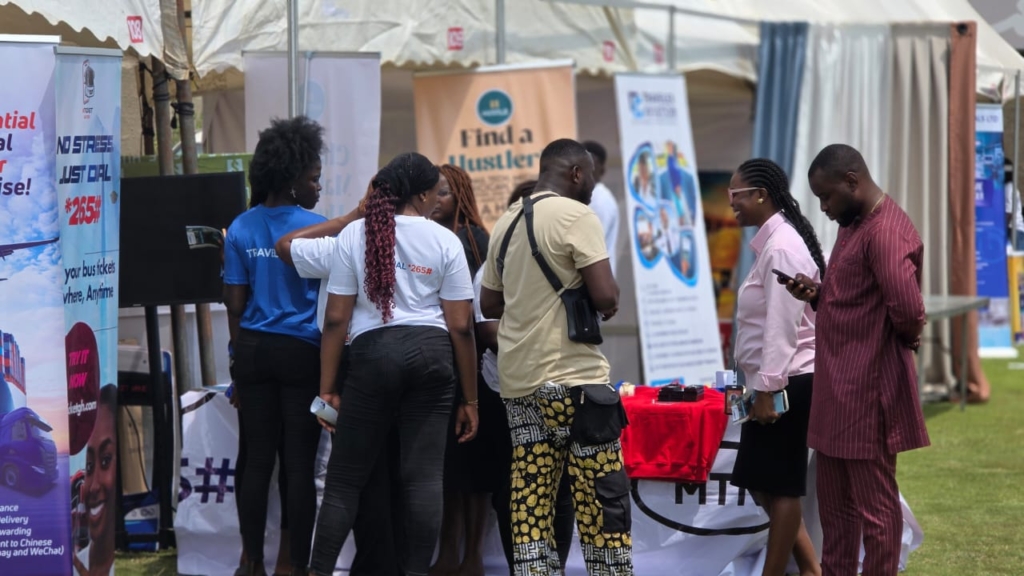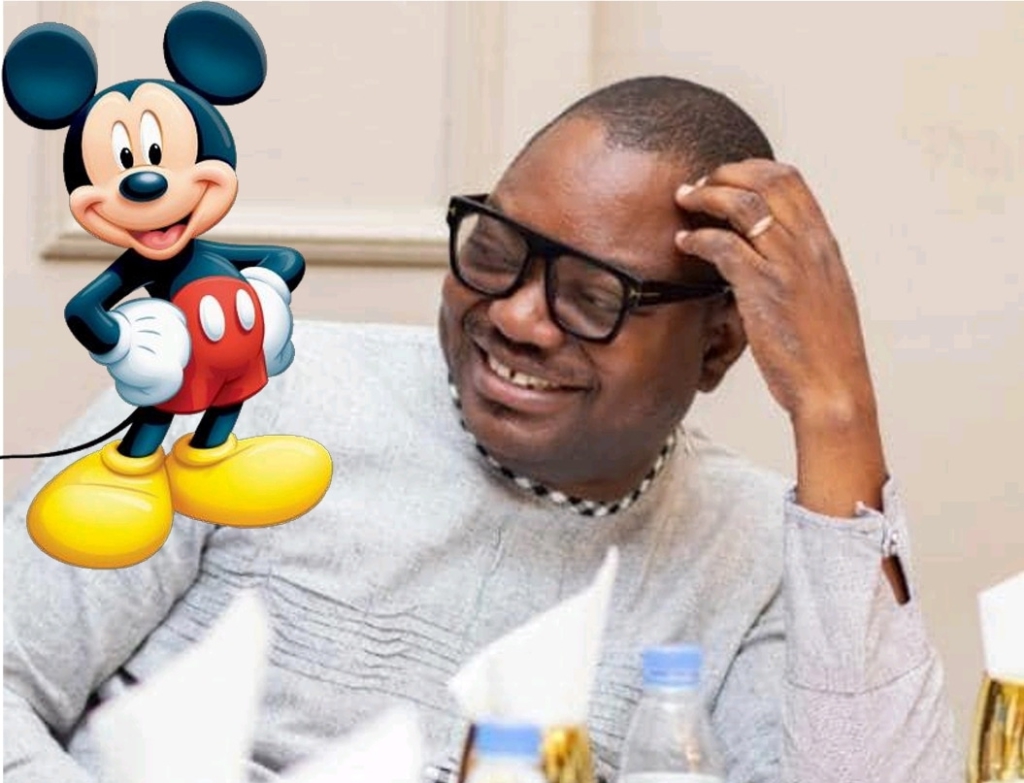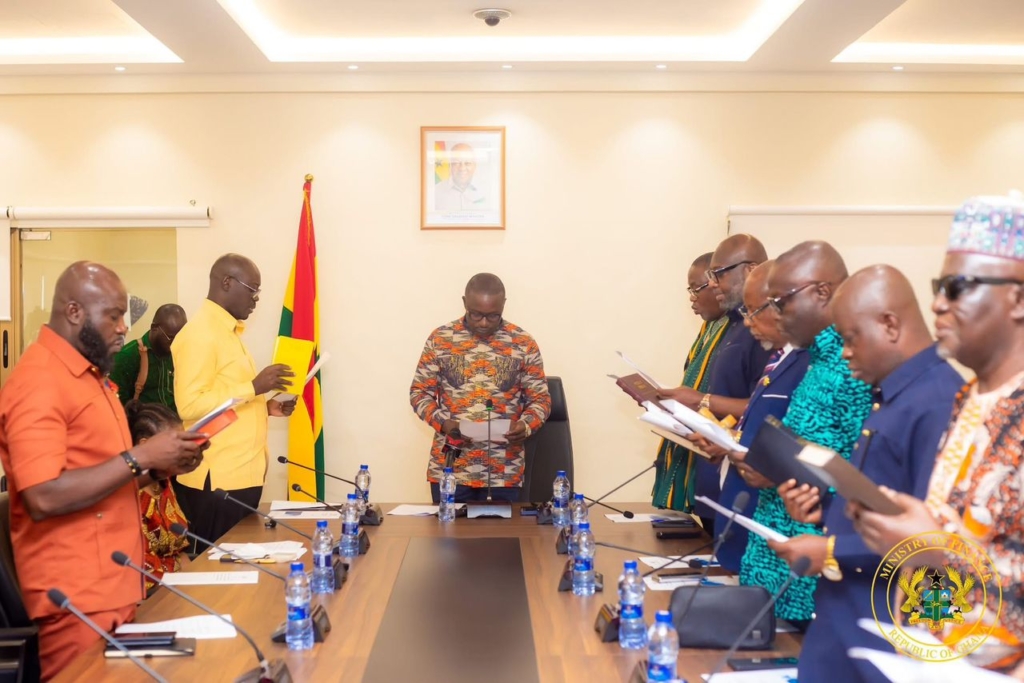President John Mahama should have flatly rejected the two vehicles donated to him instead of accepting and transferring them into the state pool, Dr. Kojo Pumpuni Asante has said.
The Director of Policy Engagements and Partnerships at the Centre for Democratic Development (CDD-Ghana) described the gesture as “a no-no”, warning that it risks compromising the presidency and sets a dangerous standard for public office.
Speaking on PM Express on Joy News with Evans Mensah on Tuesday, May 6, Dr. Asante minced no words:
“You don’t accept and then donate; you reject. These are high-value gifts, and we must discourage private individuals of influence from making such donations to the President. The President holds too much power to create conflict of interest scenarios that you can’t cure.”
His comments follow the launch of a new Code of Conduct for appointees by President Mahama, who also publicly declared receiving two vehicles as gifts, which he then handed over to the state.
Dr. Asante questioned the entire approach.
“How are you going to determine whether the President is influenced or not in those kinds of scenarios?” he asked.
“You simply can’t. So the best way forward is to avoid it entirely. These kinds of behaviours are hard to change because we’re so used to them, but if we’re serious about resetting, we must not leave room for such grey areas.”
He cited global best practices to support his argument.
“There’s a lot of best practice across the world. We just have to look at them carefully and apply them. If we really want to raise the standard of accountability and integrity, then there’s no room for accepting valuable gifts.”
Dr. Asante also raised concerns about the newly proposed ¢200,000 threshold for declaring gifts, questioning the logic and potential loopholes.
“For me, that threshold and how we administer gift-giving need serious attention. Whether you declare it or not, the mere act of accepting a high-value item as President carries implications.”
He argued that symbolic gestures are not enough to build a culture of integrity in public life.
“We need to change how we think about power and public office. If you’re the President and someone gives you two expensive cars, no matter how you rationalise it, it casts a shadow.”
Dr. Asante insisted that Ghana must be bold in drawing clear lines if the country truly wants to reform governance.
“It may be uncomfortable, but that’s the point. That discomfort is necessary if we want real change. Integrity is not supposed to be easy.”
DISCLAIMER: The Views, Comments, Opinions, Contributions and Statements made by Readers and Contributors on this platform do not necessarily represent the views or policy of Multimedia Group Limited.
DISCLAIMER: The Views, Comments, Opinions, Contributions and Statements made by Readers and Contributors on this platform do not necessarily represent the views or policy of Multimedia Group Limited.



